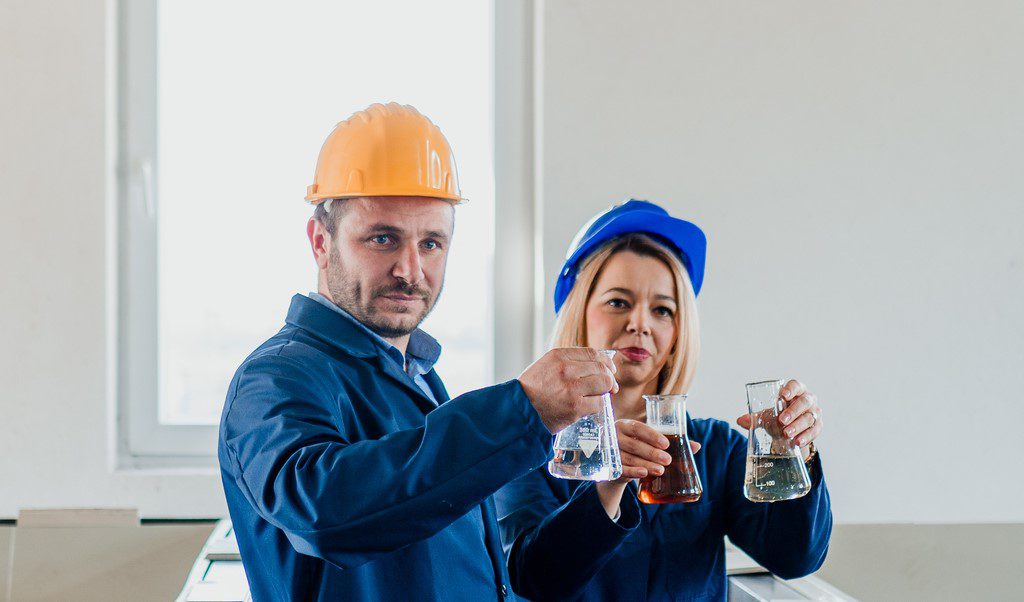A new biological wastewater treatment facility from the Coke plant began operations today at Global Ispat Koksna Industrija Lukavac (GIKIL). According to Mr. Almin Suljić, the managing director, this facility is one of the company’s most significant developments in recent years and stands out in the region.
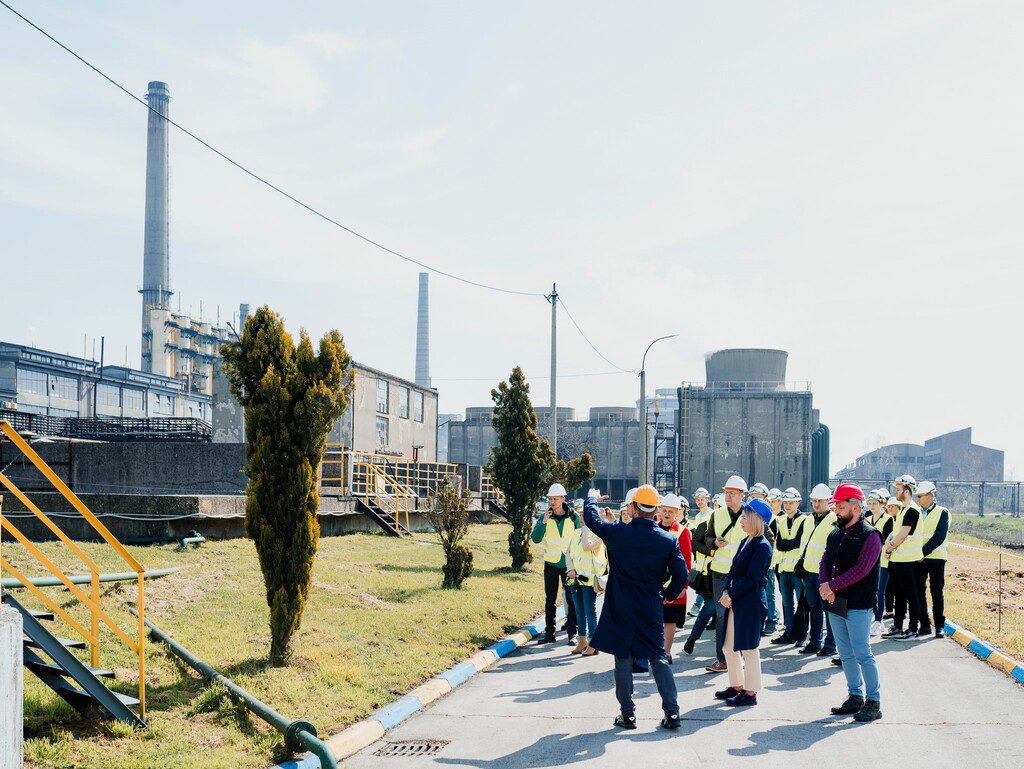
Over the previous two years, we have worked tirelessly on this initiative, investing almost two million convertible marks. This signifies that the plant for treating physical, chemical, and biological wastewater has been properly optimized. In other words, we built a new facility and updated an old one, converting the old biological facility into a new wastewater treatment plant. Mr. Suljić stated that the goal was to assure compliance with the Federal Decree’s limit values, particularly achieving all of them.
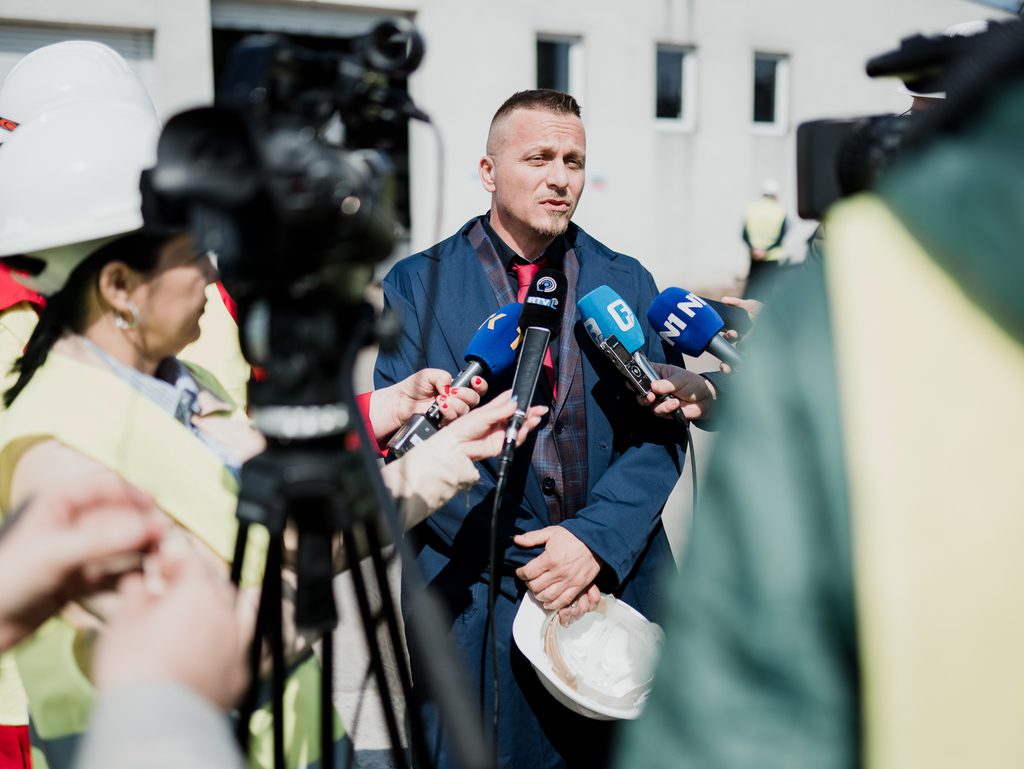
The limit values of wastewater emissions released into the environment, as defined by the Regulation on the conditions for the discharge of wastewater into natural recipients and the public sewage system of the Federation of Bosnia and Herzegovina, were met using the appropriate incoming water parameters. These include temperature, pH, total nitrogen, phosphorus, and oxygen consumption, both physiologically and chemically, as well as phenols, cyanides, and rhodanides.
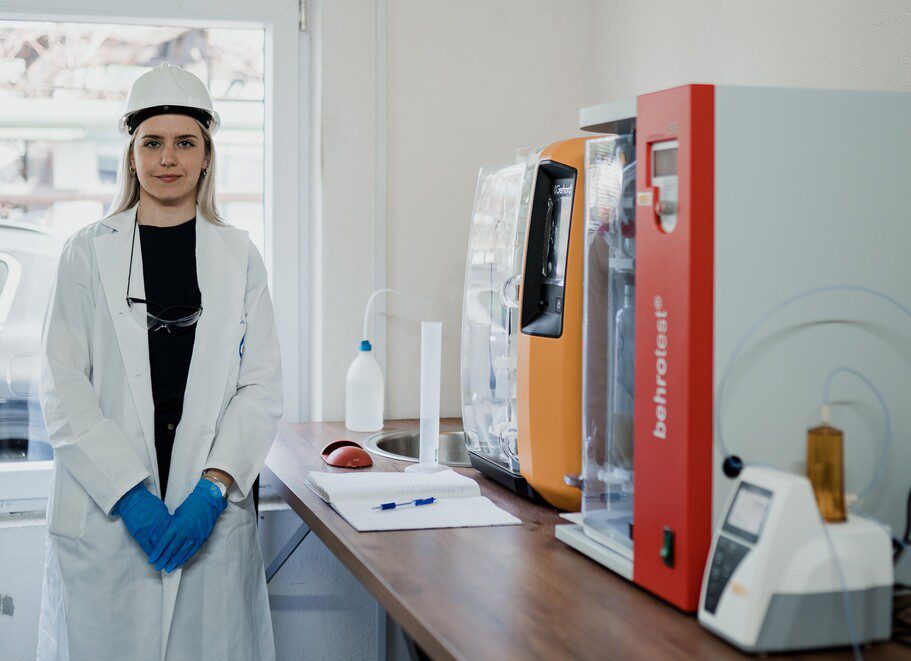
Mr. Jasmin Pandurović, a technology engineer at GIKIL with a master’s degree in environmental protection, explains that based on the input parameters, analyses, and required output parameters of the purified water, the most optimal solution was accepted. The technological wastewater is now completely purified and goes into external natural recipients.
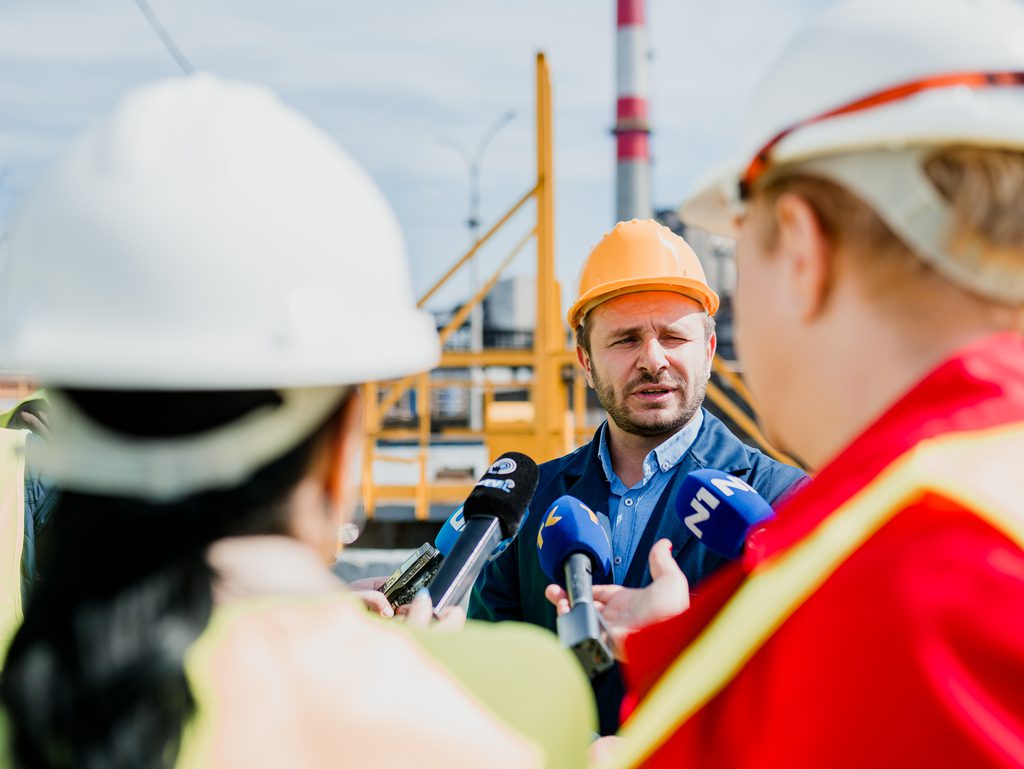
The new facility includes a sludge tank and a sludge dehydrator, thus the old technology had to be completely modernized.
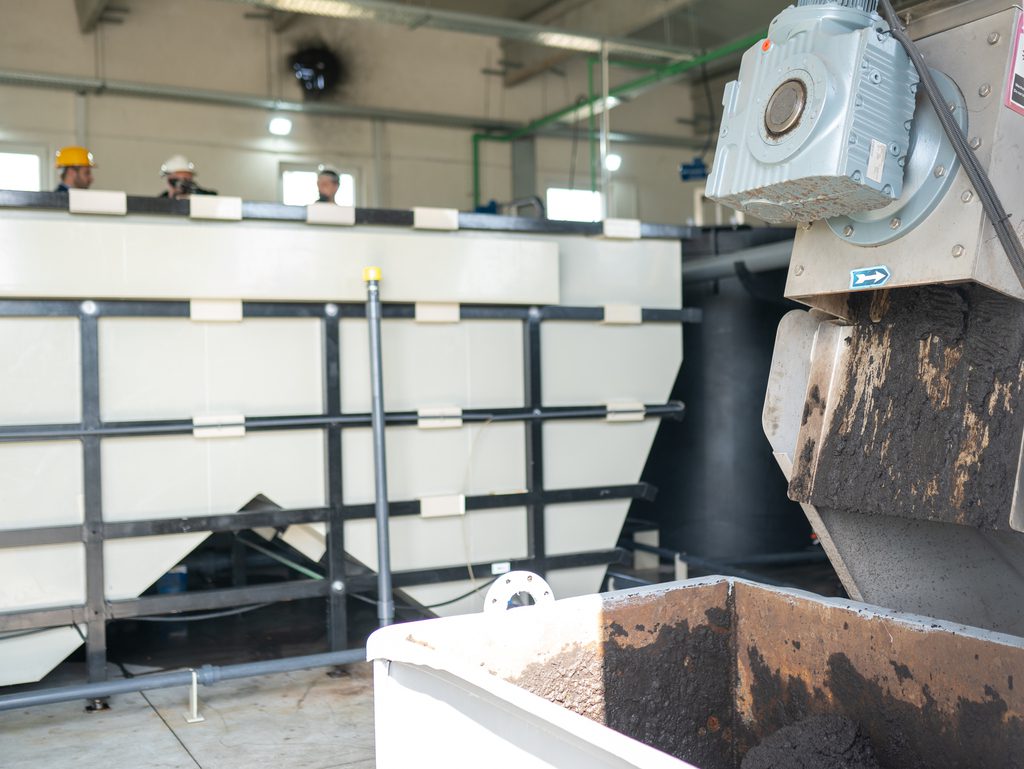
Because the new plant includes a sludge tank and sludge dehydrator, the outdated technology needed to be totally updated. We are all aware of the dangers that wastewater from the coking process poses to flora and fauna if released into the environment. As a result, the ammonium sulfate plant treated the fluids to biologically purify them. Until recently, the findings were acquired at the present plant, which was built using outdated German technology. However, due to technological obsolescence and rising water quality standards, this technology needed to be modernized and enhanced. According to Mr. Pandurović, GIKIL successfully addressed the issue through tertiary biological treatment.
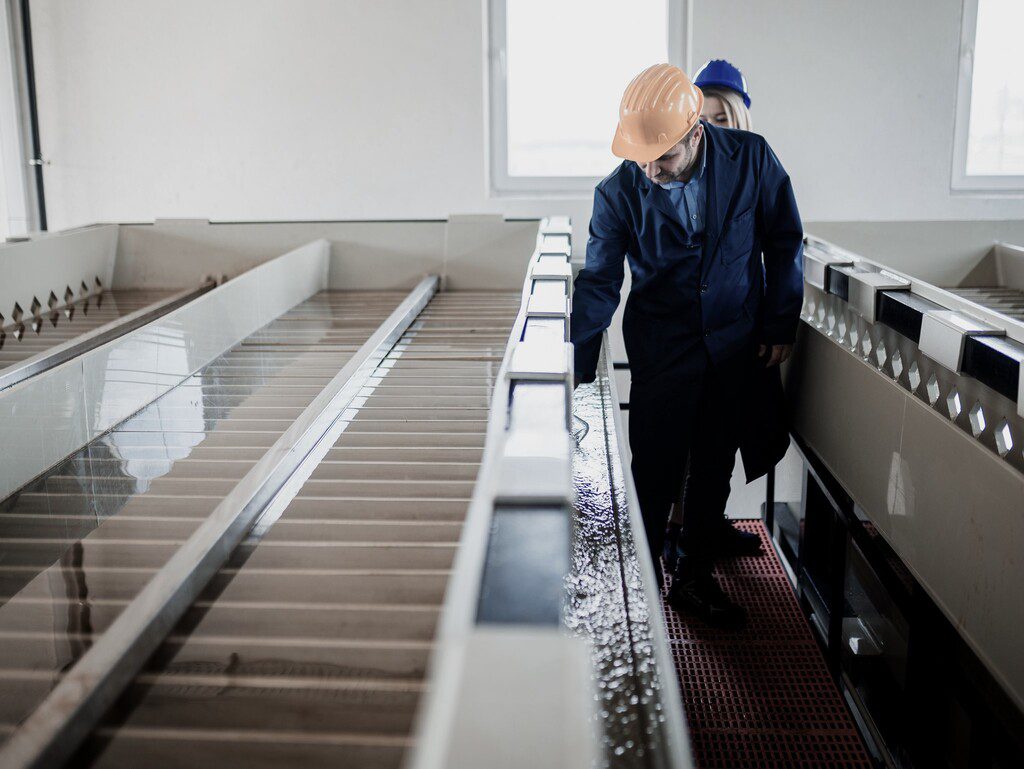
Renowned contractor, Borplastika Eko, a member of the BP group, from Tuzla, carried out the project for tertiary purification and optimization of the old, existing plant.
The results of tertiary-level water filtration are much better than the legally required limits for the Sava river basin, according to laboratory examinations conducted by independent certified institutes. As a result, we provided a cutting-edge solution for processing waste water in accordance with the legislation. Following all test phases and studies, we were able to get excellent results, allowing us to say that this is the only plant of its type in the area. This is not the end of our job. According to Mr. Irdin Imamović, director of “Borplastika EKO” d.o.o. Tuzla, “They expressed their willingness to continue testing certain processes and improving technology at GIKIL so that only and maximum purified water goes into external, natural watercourses.”
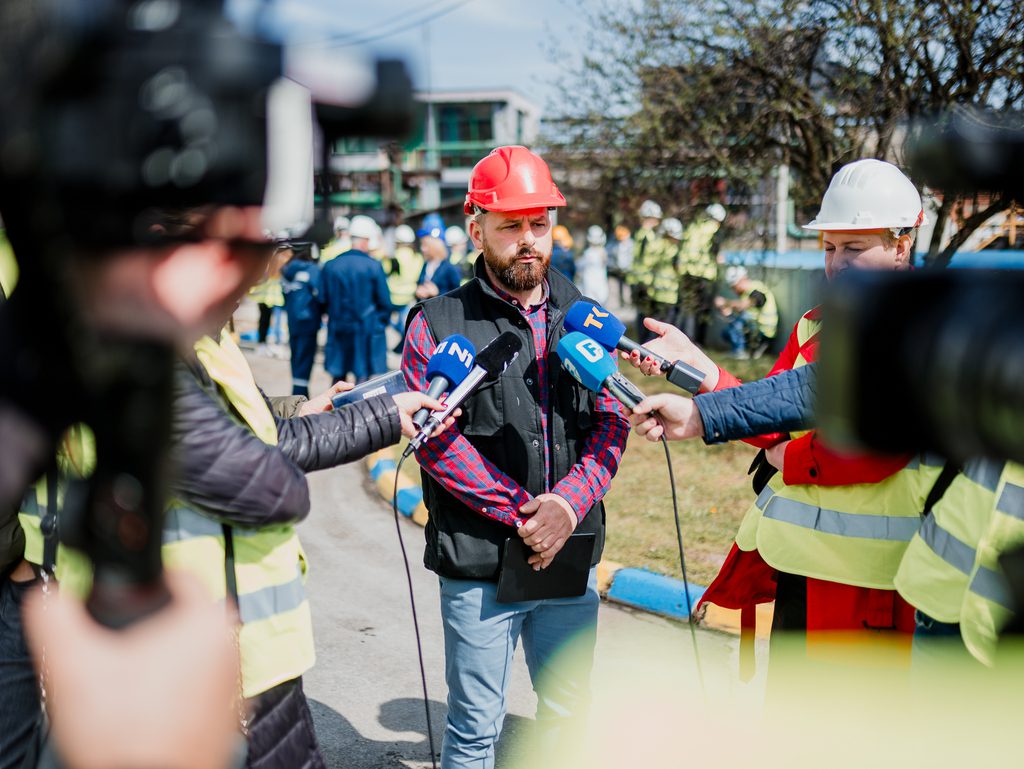
This year, GIKIL will also make more technological and environmental enhancements at the coke battery, where two new units are being installed. These machines will have the greatest influence on lowering uncontrolled emissions to the atmosphere.
It is a smokeless coal furnace filling equipment that is now undergoing final testing and will be commissioned in the next months. In addition, hooded coke receiving equipment will be installed by the end of the year.



